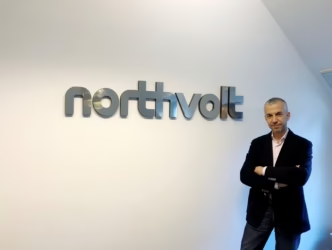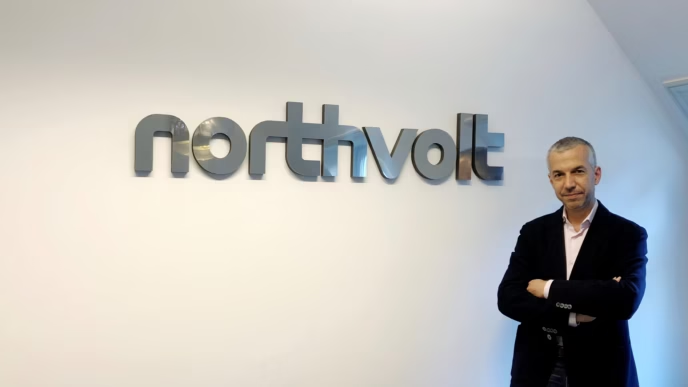Commercial open-source software (COSS) startups are making waves. Raising more money, exiting at higher valuations, and delivering strong returns for investors. But according to a new report by French VC firm Serena, the global open-source boom is still heavily concentrated in the United States. Leaving Europe trailing behind.
The report, which analyzed 850 VC-backed COSS companies founded between 2000 and 2024. Reveals that these startups raised a record $26.4 billion globally in 2023 — nearly triple the $9 billion annual average seen from 2019 to 2024. Just a decade ago, that figure sat below $2 billion.
This surge was led by mega-rounds like Databricks’ $10 billion Series J and continued investor enthusiasm around platforms like GitLab, HashiCorp, and Hugging Face.
What Is COSS, and Why Is It Taking Off?
COSS companies are built on open-source software, where the code is freely available for anyone to use, modify, or redistribute. Unlike proprietary software, COSS companies offer a free “core” product while monetizing additional services such as enterprise-grade features, security, governance, or cloud hosting.
“It’s often seen as a risky or less optimal model,” says Matthieu Lavergne. Serena partner and the lead author of the report. “But that perception is shifting — especially in the U.S., where there’s a generation of VCs who understand how open source can drive commercial success.”
In fact, the report shows that COSS startups outperform traditional software firms across multiple benchmarks:
- Series A rounds arrive 20% faster than for proprietary software companies
- Series A valuations are 1.33x higher
- Median IPO valuation is $1.3 billion — significantly higher than the $171 million average for closed-source peers
- Median M&A value is $482 million, compared to just $34 million for proprietary firms
These results underscore how the open-source model, once seen as niche or fringe, is now driving massive value. Especially for investors backing the right teams early.
Why the US Still Dominates the COSS Landscape
Despite its European roots in software freedom and collaboration, 65% of all COSS companies are now based in the US, compared to just 25% in Europe. That’s disproportionate given that the U.S. holds 33% of the overall software market, and Europe 20%.
The U.S. advantage isn’t just in capital. It’s cultural and structural, says Lavergne. “The U.S. is a generation ahead when it comes to commercializing open source,” he notes. “They’ve seen the playbook work, and now they’re scaling it.”
Even in cases where open-source companies are founded in Europe, they often move to the U.S. for later-stage funding or IPOs. The report found that while 25% of COSS companies that IPOed since 2000 were founded in Europe, only 8% actually listed on European stock markets. In contrast, 91% listed in the U.S.
It comes down to where the market is. “Roughly 50% of the total addressable market for software is in the U.S.,” Lavergne explains. “That’s where you find the customers, capital, and scale.”
Europe’s Open Source Awakening?
Still, momentum is building in Europe. Recent COSS standouts include France’s Mistral, Germany’s Black Forest Labs, Berlin’s Coqui (text-to-speech AI), France’s Formance (open finance infrastructure), and Spain’s Zylon, a generative AI startup.
Lavergne says early-stage funding is increasingly available in Europe for COSS startups. But when it’s time to raise a growth round or scale commercially, many still feel the need to relocate or list in the U.S.
That’s a problem — but also an opportunity.
As open-source ecosystems mature, investors and founders in Europe are starting to recognize the long-term commercial potential of COSS businesses. For governments and VCs, the question now is how to build an environment where those companies can scale without leaving the continent.
In the meantime, the U.S. continues to dominate the open-source revolution — turning free software into billion-dollar businesses.













